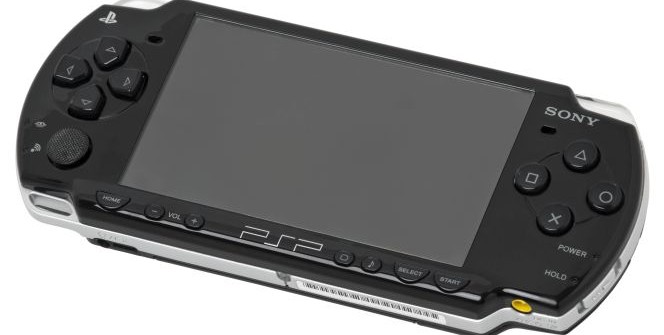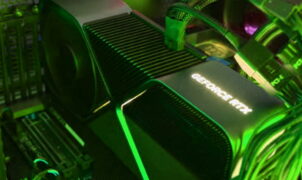The European Court of Justice has ruled against Sony in its legal battle with Datel, a UK-based company, over the Action Replay cheat software. Despite the decision, legal experts argue that this doesn’t mean cheat providers have won a major victory.
The lawsuit, which started in 2012, saw Sony take Datel to court in Germany for offering Action Replay for the PlayStation Portable, accusing the company of altering game code to enable cheats like infinite boosts in MotorStorm: Arctic Edge. Sony tried to protect its rights using the European Parliament’s 2009 directive regarding the legal safeguards for computer programs.
However, the European Court of Justice clarified that Action Replay doesn’t interfere with or replicate Sony’s game software itself. Instead, it temporarily alters certain data transferred to the console’s RAM during gameplay. Based on this, the court determined that the cheat tool’s actions are not covered under the directive’s protection, as they don’t allow the game software to be copied or reproduced.
Sony sought to stop Datel from selling Action Replay and asked for financial compensation, but the case is now closed under German law. Legal professionals, like Dr. Andreas Lober from ADVANT Beiten, emphasized that this decision only touches on a narrow issue—whether modifying variable data in a game is considered an illegal change. He noted that game publishers still have other legal options, such as enforcing End User License Agreements (EULAs) or dealing with unfair competition claims, to combat cheat software.
Likewise, Kostyantyn Lobov from Harbottle & Lewis highlighted that this ruling is limited to one specific point: whether temporary variable changes stored in a device’s memory can be copyrighted, rather than focusing on the game’s actual code.
The bottom line is that, while the ruling may seem favorable to Datel, the broader legal landscape still allows game publishers to pursue other avenues against cheating and game modification tools. This includes enforcing other intellectual property rights such as patents and trademarks, as well as pursuing claims related to copyright violations or breaches of terms of service agreements.
Cheat software has advanced significantly since the days of Action Replay. For example, Bungie recently won a $4.3 million lawsuit against AimJunkies, and Activision secured $14.4 million in damages in its case against EngineOwning.
Source: Gamesindustry.biz
















Leave a Reply